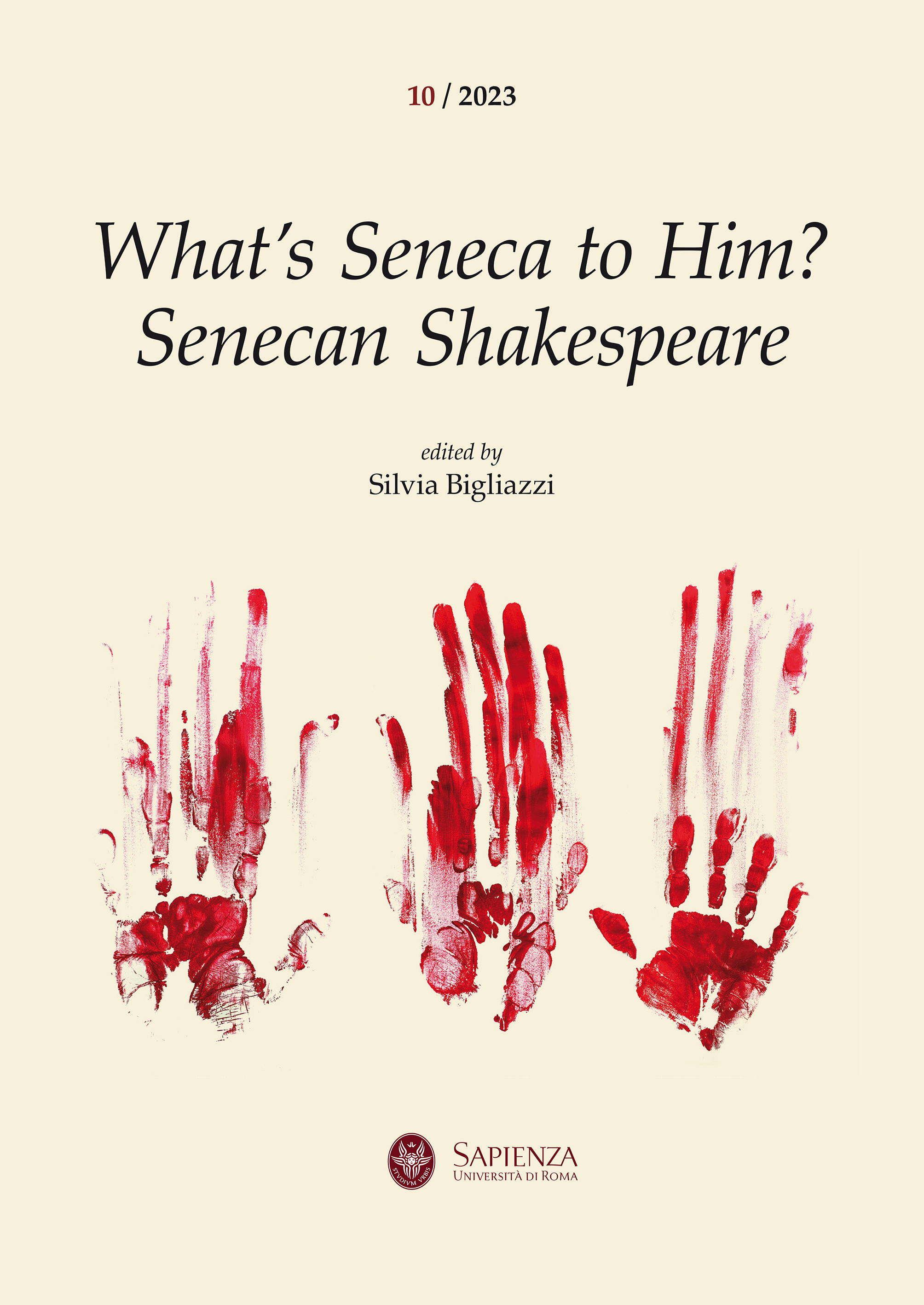“No Lucrece”: The Ambiguity of Rape in The Queen of Corinth
DOI:
https://doi.org/10.13133/2283-8759/18620Keywords:
Rape, Tragicomedy, The Queen of Corinth, Subjectivity, LucreceAbstract
Through the lens of New Historicism, the protagonists of Jacobean drama are deeply entangled in their social milieu, their identities inseparable from the context enveloping them. This entwined existence leaves them adrift, wrestling with an elusive self-definition, and lost in the absence of a recognisable ‘within’. Confronted with the Other, these characters hover on the edge of identity, navigating a liminal space that blurs the boundaries between self and society. Against this backdrop, I propose a reading of The Queen of Corinth, a play presumably written in 1616-1618 by Fletcher, Field, and Massinger. Specifically, I shall attempt to show how Merione, the most important character of the play, reacts to her rape in a way that deviates from the norm, since her courageous solution challenges the prevailing belief that suicide is the sole path to preserve honour. The tragicomic resolution of The Queen of Corinth suggests that the wrongdoer should not meet death but rather be forced to marry the victim of his violence – a change consistent with the spirit of Fletcher and his collaborators. Merione’s decision is a momentary claim of her own self, pushing back against the skewed subjectivity imposed by the male characters’ discourses throughout the play.


